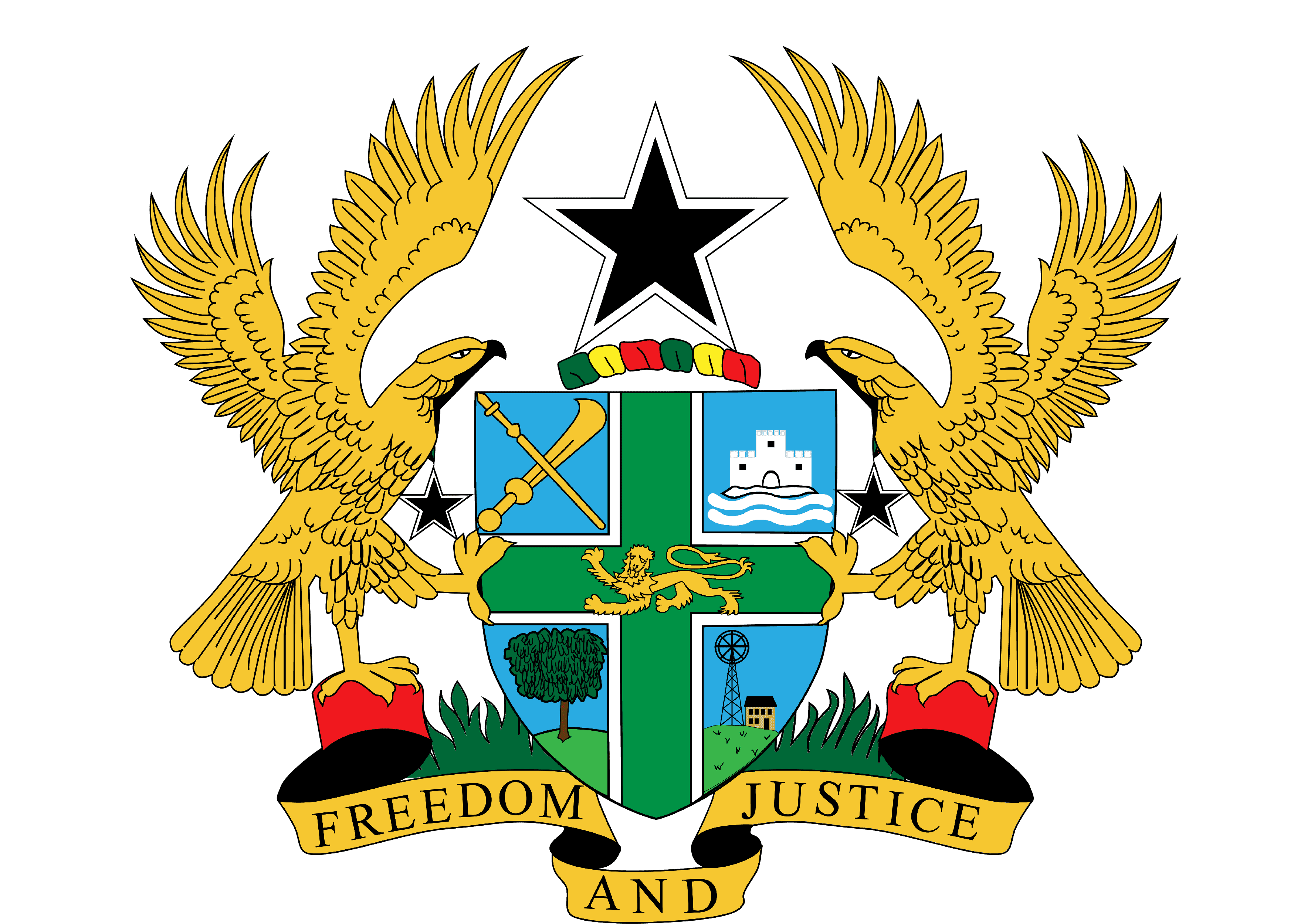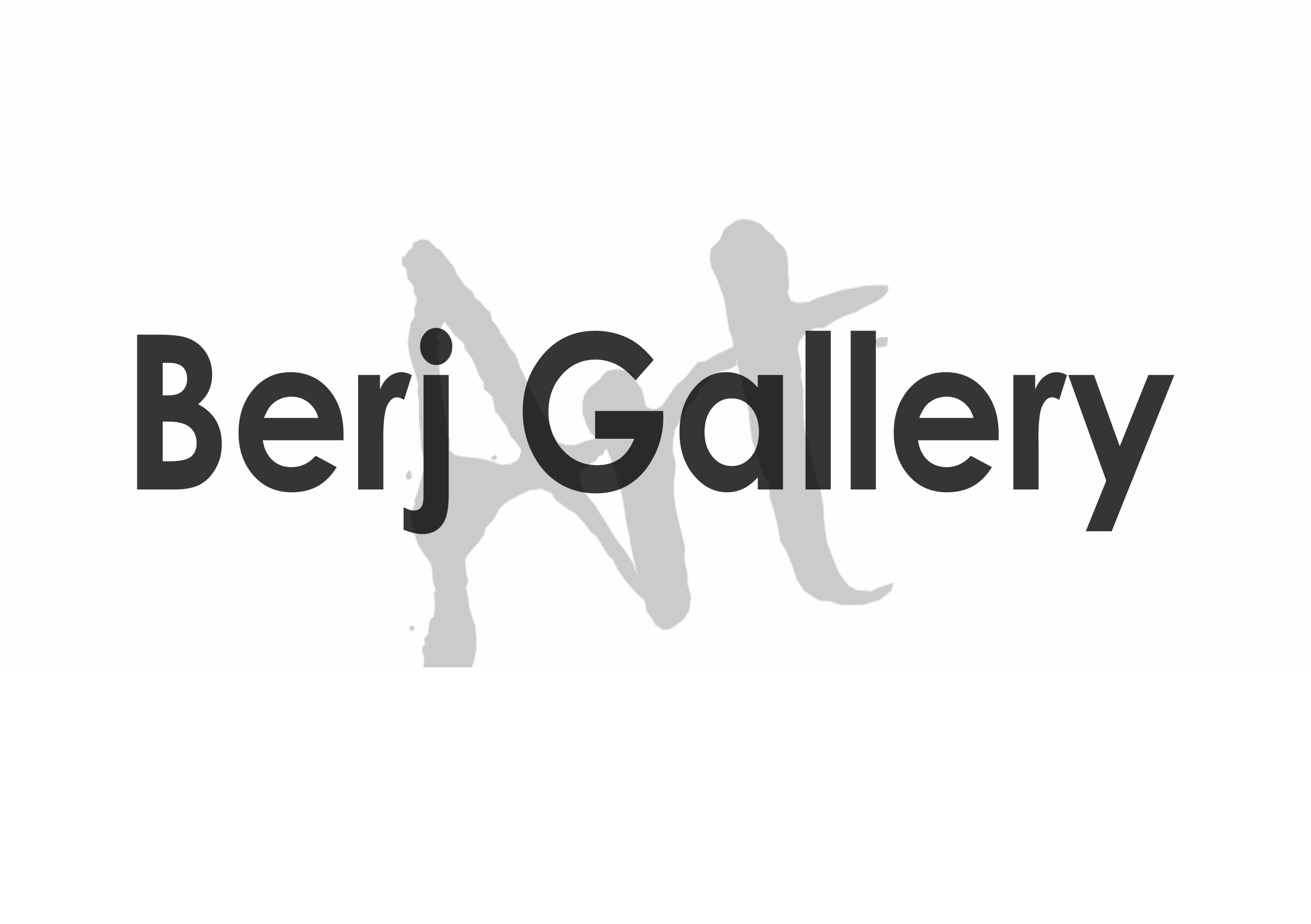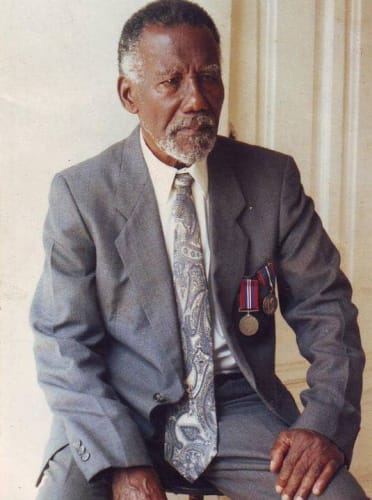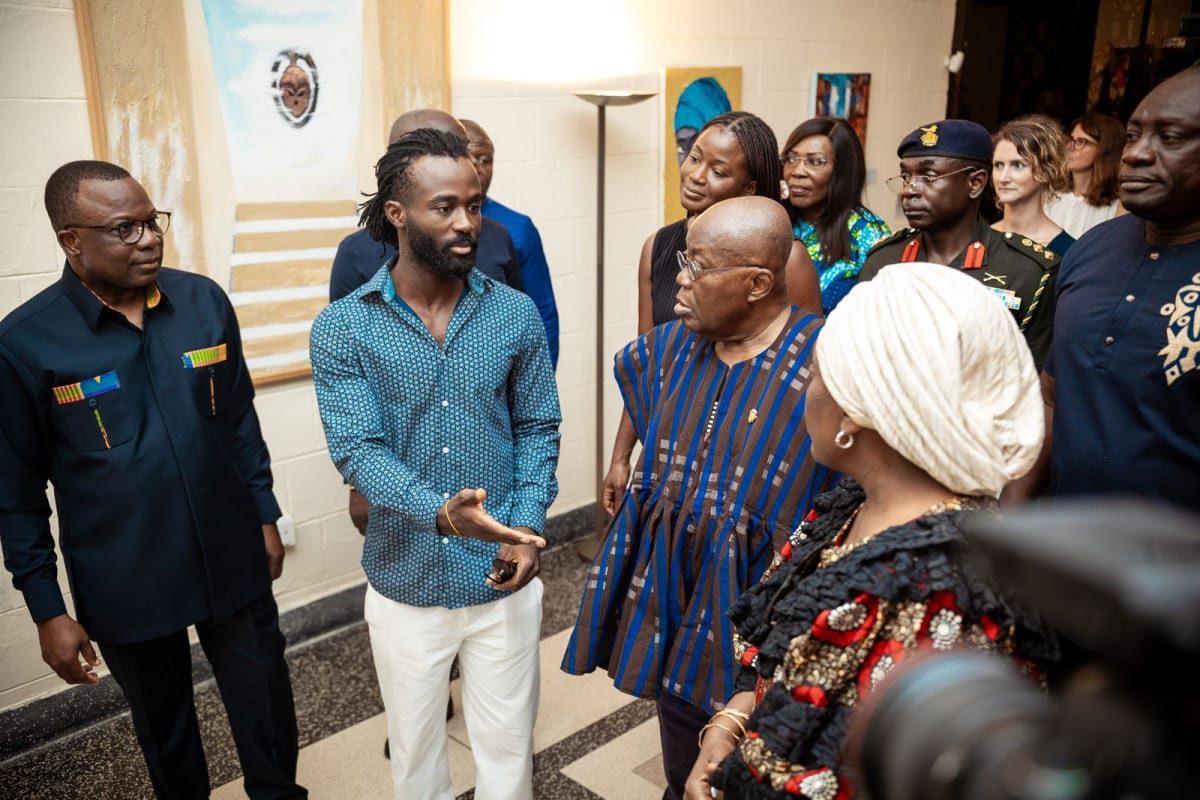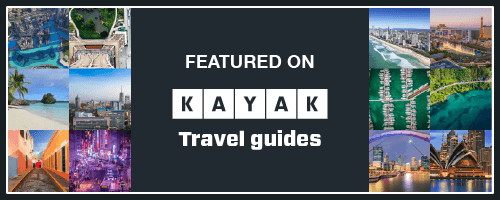Ghanaian Artist | Berj Art Gallery | Amon Kotei
Artist
Discover the legacy of Nii Amon Kotei (24 May 1915 — 17 October 2011), a multifaceted Ghanaian artist, celebrated for his mastery in sculpture, painting, and music, as well as his pivotal role in shaping Ghana's national identity. His artistic journey is a testament to the fusion of tradition and innovation.
Early Life and Artistic Genesis
Born on 24 May 1915 in La, near Accra, Amon Kotei hailed from the Ga tribe. Trained as a surveyor, he honed his skills in meticulous observation—a foundation that profoundly influenced his artistry. His talents were soon recognized, earning him a scholarship to the prestigious Achimota School, and later, a transformative opportunity to study art at the London School of Printing and Graphic Art from 1949 to 1952.
The Architect of Ghana's Identity
Amon Kotei's indelible mark on Ghana's history was his iconic design of the National Coat of Arms on 4 March 1957. Commissioned by Ghana's inaugural President, Osagyefo Dr. Kwame Nkrumah, and the British Colonial administration, this emblem embodied the spirit of a newly independent nation. The Coat of Arms, a shield divided by a green St. George's Cross, gilded in gold, now adorns all official government correspondences.
A Life of Service and Artistic Prowess
Kotei's contributions transcended the realm of art. He valiantly served in the Royal West African Frontier Force during World War II, sketching vital maps and plans for soldiers on the frontlines. His dedication to education led him to teach at Achimota School, influencing generations of budding artists.
Fulfilling Operation Psychology
In the wake of Ghana's independence, Nkrumah envisioned breaking free from the lingering colonial mindset. Operation Psychology, as articulated through visual mediums, played a crucial role in this transformation. Kotei's Coat of Arms became a symbol of this new-found freedom, a visual manifesto of Ghana's independence struggle.
An Enduring Legacy
Amon Kotei's passing on 17 October 2011 marked the end of an era. The Parliament of Ghana paid tribute to this visionary artist whose contributions went far beyond the canvas. His Coat of Arms remains an enduring symbol of Ghana's resilience and determination.
Amon Kotei's story is a tapestry woven with threads of artistry, patriotism, and nation-building. His creative genius, coupled with his instrumental role in crafting Ghana's visual identity, cements his status as a luminary in the annals of Ghanaian art history.
After Ghana attained independence in 1957, Kwame Nkrumah, Prime Minister of Ghana, and his followers became concerned with what they labeled the "colonial mentality" (Laramie, 1962). The psychological as well as political bonds of colonialism needed to be broken, and Ghanaians had to be shown that they were indeed free and independent. The cultivation of African traditions and institutions was an important aspect of ridding Ghana of the colonial mentality.
Of equal importance, however, were the symbolic gestures initiated by Nkrumah shortly after independence through Operation Psychology. According to the Evening News (June 22, 1957: 2)-the newspaper of Nkrumah's political party, the Convention People's Party-Operation Psychology consisted of the use of "visual aids in interpreting the soul and spirit of independence which we fought so dearly to achieve." Nkrumah's extrinsic rhetorical strategies in the period immediately following independence were thus directed toward the fulfillment of Operation Psychology.
Politically, Ghana was independent, but the resulting symbols of nationhood had not been adequately formulated. A flag had been chosen, and a national motto, "Freedom and Justice," had been adopted. However, a psychological vacuum resulted from the rejection of British institutions, and this Nkrumah tried to fill through a kind of personal
